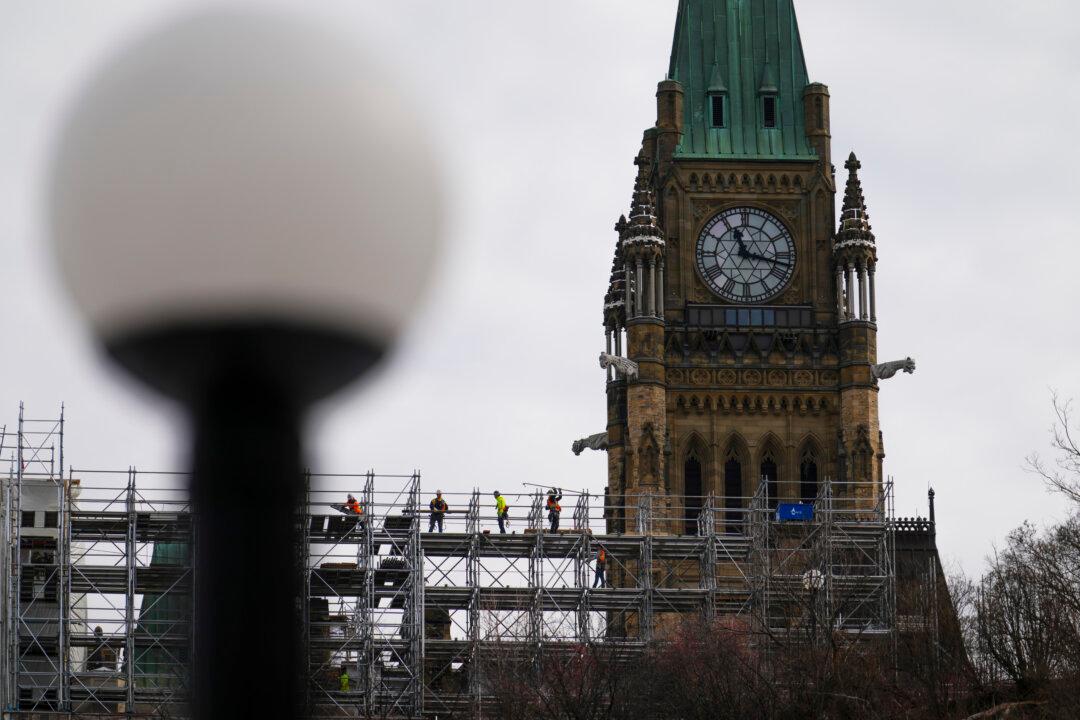Two Nova Scotia men who launched a lawsuit against the federal government’s prorogation of Parliament under former Prime Minister Justin Trudeau are appealing the Federal Court’s dismissal of their legal challenge.
Federal Court Chief Justice Paul Crampton ruled on March 6 that the applicants, David MacKinnon and Aris Lavranos, had “failed to demonstrate” that Trudeau’s prorogation of Parliament two months earlier had exceeded limits established by the Constitution or any other legal principles.





